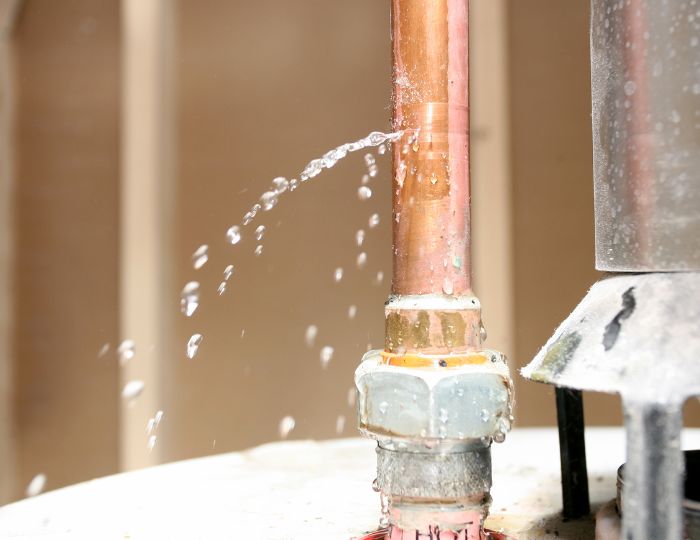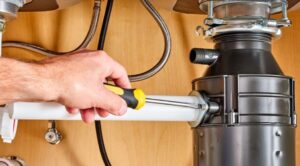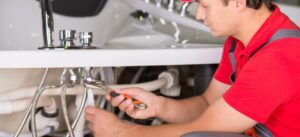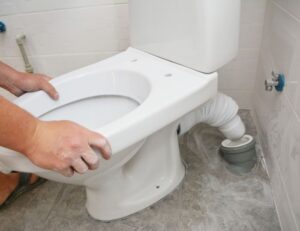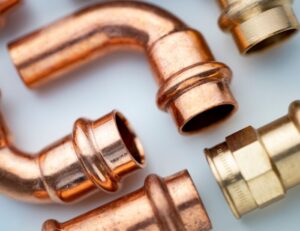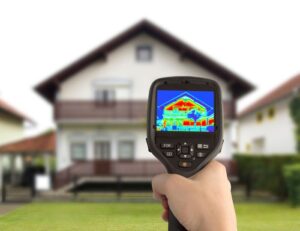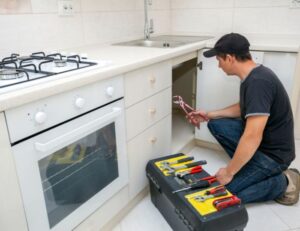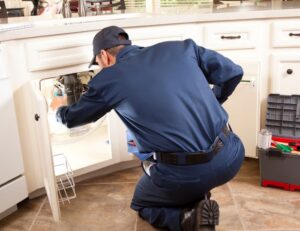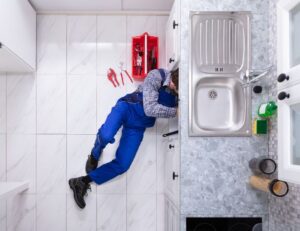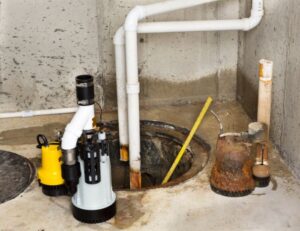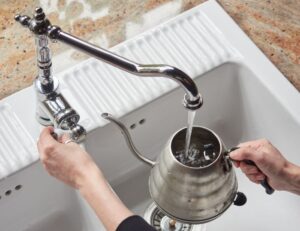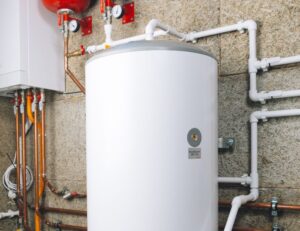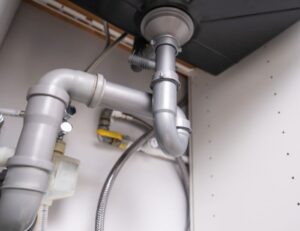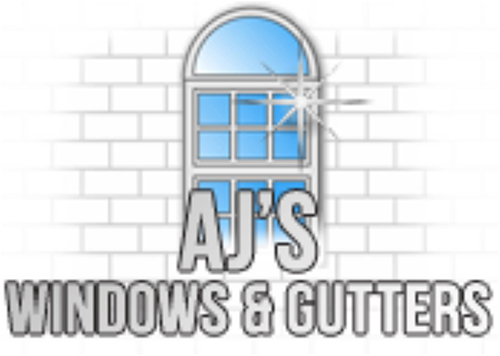If you live in the Fox Valley area and surrounding suburbs, you know how cold Illinois winters can get. At JL Wagner Plumbing & Piping, Inc., we’ve been helping homeowners protect their plumbing systems since 1917—so we’ve seen it all, and we want to help you avoid a plumbing headache when it’s freezing outside.
Winterizing your plumbing isn’t just a nice-to-do task—it’s a safeguard against frozen pipes, burst lines, and expensive water damage. Let’s walk through what you should do, why it matters, and how our team can step in if you’d prefer a professional touch.
Why Winter Plumbing Prep Matters
When temperatures plunge, your plumbing system goes from “normal operation” to “at risk” fast. Pipes exposed to cold can freeze, expand, and sometimes burst—causing major water damage indoors. Even outside spigots and sump pump lines can give you trouble.
At JL Wagner Plumbing, we’ve helped countless homeowners in places like St. Charles, Batavia, Geneva, Elgin, Wheaton, and nearby avoid such disasters by taking preventative action. Taking a few extra steps now can save you time, stress, and money later. While DIY can work for certain tasks, if your home’s plumbing setup is complex—like older piping or multiple levels—it’s worth having professionals take a look.
Step 1: Inspect and Insulate Exposed Pipes
Begin by locating all the pipes in your home and around your property that are exposed to cold air—basement walls, crawl spaces, garages, and outside hose bibs. You’d be surprised by how many trouble spots we uncover during service calls.
Here’s how to handle this:
-
Check for visible cracks, leaks, or corrosion—these are warning signs that a pipe could fail under cold stress.
-
Insulate pipes with foam pipe sleeves or wrap. Make sure the insulation covers pipe bends, not just the straight sections.
-
For outdoor spigots, disconnect garden hoses, drain water from the line, and add insulated covers if you have them.
-
Open bathroom and kitchen cabinet doors (if safe) so warm air circulates around under-sink pipes.
If you’d rather have a professional handle the inspection and insulation work, the team at JL Wagner Plumbing is ready to help.
Step 2: Adjust Water Temperature and Flow
Another key aspect of winterizing is controlling the water temperature and keeping the flow moving. When water sits still in cold-exposed pipes, it’s more likely to freeze. When you keep things moving just a bit, you reduce that risk.
Here are some practical tips:
-
Set your home thermostat to no lower than 55°F even when you’re away for extended periods.
-
At night or when you’re gone, leave a trickle of warm water running from faucets located on an exterior wall.
-
If you have a sump pump or backup, double-check that it’s working properly before deep freezes hit.
When we visit homes in Naperville, Glen Ellyn, Lisle, West Chicago, and surrounding areas, we often find that small adjustments like these make a dramatic difference in winter plumbing reliability.
Step 3: Protect Your Water Heater and Plumbing Fixtures
Your water heater and fixtures are part of the plumbing system that suffer when temperatures drop. Ensuring they’re in good shape and protected helps keep everything running smoothly all season long.
Here’s what to do:
-
Drain a quart of water from your water heater’s tank to remove sediment and improve efficiency.
-
Check the heater’s temperature setting—aim for around 120°F, which balances comfort and energy use.
-
Inspect shower and sink valves. If they’re stiff, leaking, or slow, they may freeze or fail in extreme cold.
-
Make sure water heaters and pipes in crawl spaces are insulated and protected from drafts.
If your water heater is older or showing signs of wear, contact JL Wagner Plumbing before the deep freeze begins to ensure you’re prepared.
Step 4: Know When to Call the Pros
Even with the best preparation, some plumbing issues are better left to professionals. Old piping systems, flooding risks, or extensive exterior plumbing can all benefit from an expert inspection. That’s where we come in.
You should call JL Wagner Plumbing if:
-
You find a frozen or bulging pipe and aren’t sure how to thaw it safely.
-
Your sump pump or battery backup isn’t functioning properly.
-
You notice recurring leaks or pressure issues during winter.
-
You’re planning renovations and want to ensure everything is winter-proofed.
With four generations of experience serving Kane and DuPage counties, JL Wagner Plumbing is well-equipped to handle winter prep for homes in Aurora, Elburn, Bartlett, Carol Stream, and more.
Winter-Ready Plumbing Checklist
Winterizing your home plumbing doesn’t have to be overwhelming. With preparation—insulating exposed pipes, keeping water flowing, and protecting fixtures—you’ll be in much better shape when the snow flies.
Quick checklist:
-
Inspect and insulate exposed pipes.
-
Disconnect outside hoses and cover outdoor spigots.
-
Keep indoor thermostat no lower than 55°F.
-
Let a warm water faucet drip slightly during extreme cold.
-
Service your water heater and check temperature settings.
-
Test sump pump and check crawl spaces.
-
Call JL Wagner Plumbing at the first sign of trouble.
Schedule Your Winter Plumbing Service Today
If you’d like a thorough plumbing winter-prep inspection or just peace of mind knowing a professional has checked your home, contact JL Wagner Plumbing today. Call us at 630-584-1181 or visit our Contact page to schedule a service.
We proudly serve St. Charles, Batavia, Geneva, Aurora, Elgin, Wheaton, Elburn, Naperville, Glen Ellyn, Lisle, West Chicago, Lombard, Carol Stream, and surrounding areas. Let us help you head into winter confident your plumbing system is ready.
Stay warm, stay safe, and let’s make this winter worry-free.

